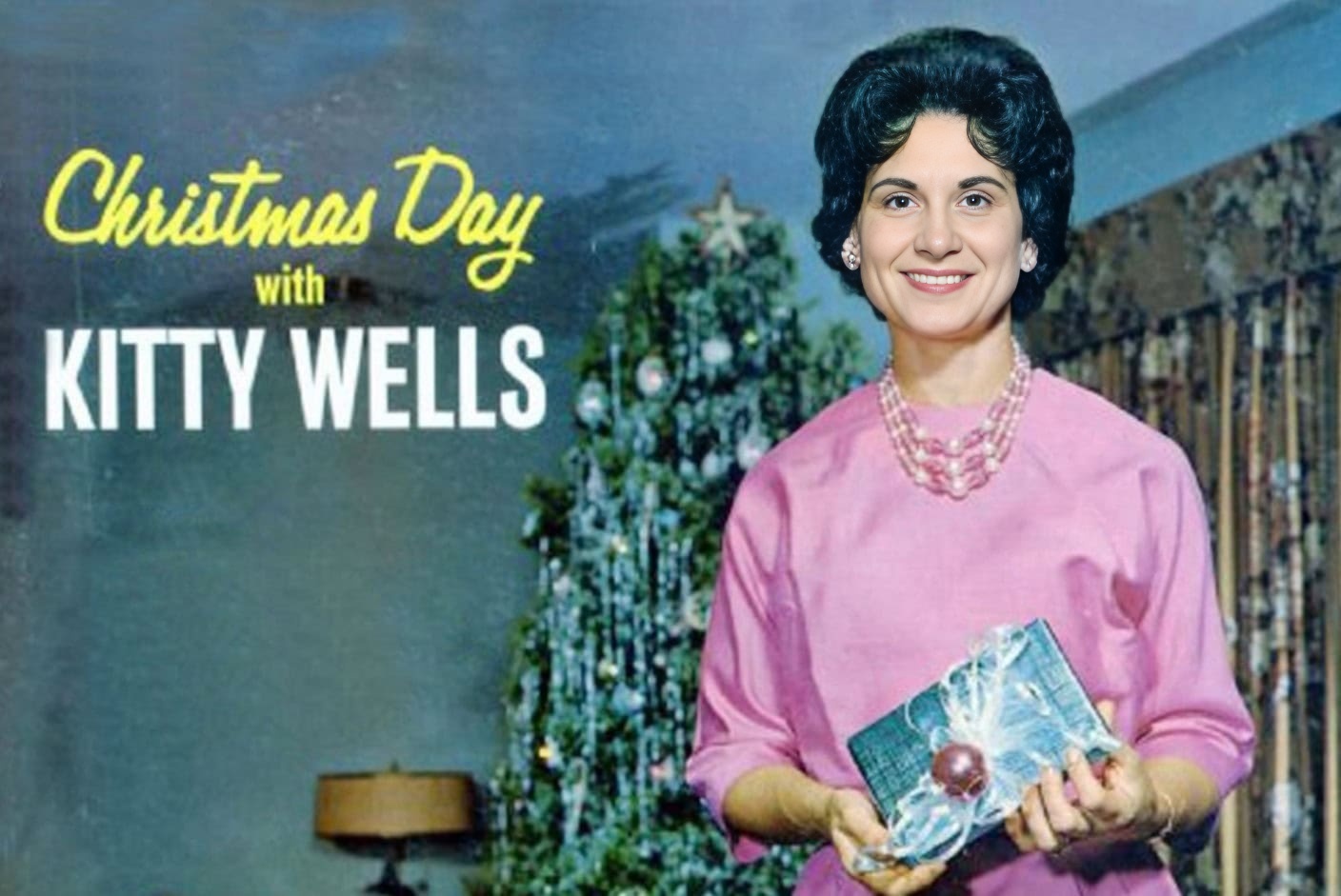
Kitty Wells, often hailed as the “Queen of Country Music,” broke ground in the male-dominated world of 1950s country with her controversial yet powerfully resonant song, “It Wasn’t God Who Made Honky Tonk Angels,” released in 1952. Born Ellen Muriel Deason, Wells’s unassuming persona belied her sharp wit and willingness to challenge societal norms through her music. She went on to achieve immense success, becoming the first female country singer to top the U.S. country charts, a feat she accomplished with “It Wasn’t God Who Made Honky Tonk Angels.” Her pioneering work paved the way for future generations of female country artists. She received numerous accolades throughout her career, including a Grammy Lifetime Achievement Award and induction into the Country Music Hall of Fame.
“It Wasn’t God Who Made Honky Tonk Angels” is an answer song to Hank Thompson’s “The Wild Side of Life,” which blamed women for men’s infidelity and weakness. Wells’ song offers a scathing counter-narrative, placing blame on unfaithful men who drive women to seek solace in honky-tonks. The lyrics argue that “honky tonk angels,” women who frequent bars and engage in affairs, are products of broken homes and wandering husbands. The song’s powerful message resonated deeply with women across the country who felt unfairly judged and overlooked in a patriarchal society.
The song was both celebrated and condemned upon release. While some radio stations refused to play it due to its perceived scandalous content, its popularity quickly soared. Women, in particular, flooded radio stations with requests, eager to hear their experiences and grievances articulated in such a blunt and honest way. “It Wasn’t God Who Made Honky Tonk Angels” sparked a national conversation about gender roles, societal expectations, and the often-unequal blame placed on women in relationships. Its impact extends far beyond its chart success, solidifying Kitty Wells’s legacy as a trailblazer and an outspoken voice for women in country music.